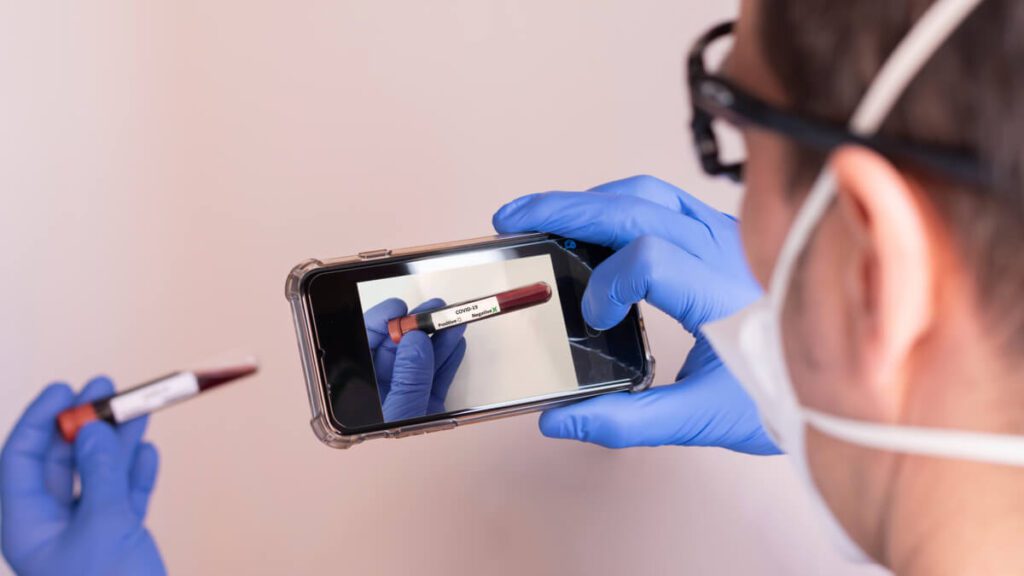New technology may allow COVID-19 testing with a smartphone

It has been widely accepted that more rapid and decentralized testing is the best way to maintain societal function while keeping the wider community safe.
According to a study published in the scientific journal Cell, researchers from Gladstone Institutes, UC Berkeley, and UCSF detailed their new CRISPR-based COVID-19 testing technology which can be used for rapid COVID-19 testing with a smartphone camera, delivering results in under 30 minutes.
In short, a sample is mixed with CRISPR Cas13 proteins, and molecular probes. When COVID-19 RNA is detected within the sample, the proteins cut the molecular probes, which then release a fluorescent glow visible to smartphones.
“It has been an urgent task for the scientific community to not only increase testing, but also to provide new testing options,” says Melanie Ott, MD, PhD, director of the Gladstone Institute of Virology and one of the leaders of the study.
“The assay we developed could provide rapid, low-cost testing to help control the spread of COVID-19,” she continued.
Traditional PCR tests use a two-step approach to testing, that being, taking the samples, conversion, and the amplification step. The second step makes it possible to detect the Coronavirus DNA from an RNA sample, converting the RNA to DNA. Amplification makes the virus detectable.
These processes, of course, require specialists and a lab fitted with all necessary equipment. Enabling COVID-19 testing with a smartphone puts the user in control, skipping the second and third steps that burden the healthcare system with centralized labs and the need for trained professionals.
“We chose to use smartphones as the basis for our detection device since they have intuitive user interfaces and highly sensitive cameras that we can use to detect fluorescence,” explains Daniel Fletcher, bioengineer at UC Berkeley, PhD, adding that, “smartphones are also mass-produced and cost-effective, demonstrating that specialized lab instruments aren’t necessary for this assay.”
Using their gene-editing technology, CRISPR coupled with advances in smartphone technology may enable rapid, decentralized and accurate COVID-19 testing with a smartphone, handing regular people the tools they need to keep themselves and those around them safe.
